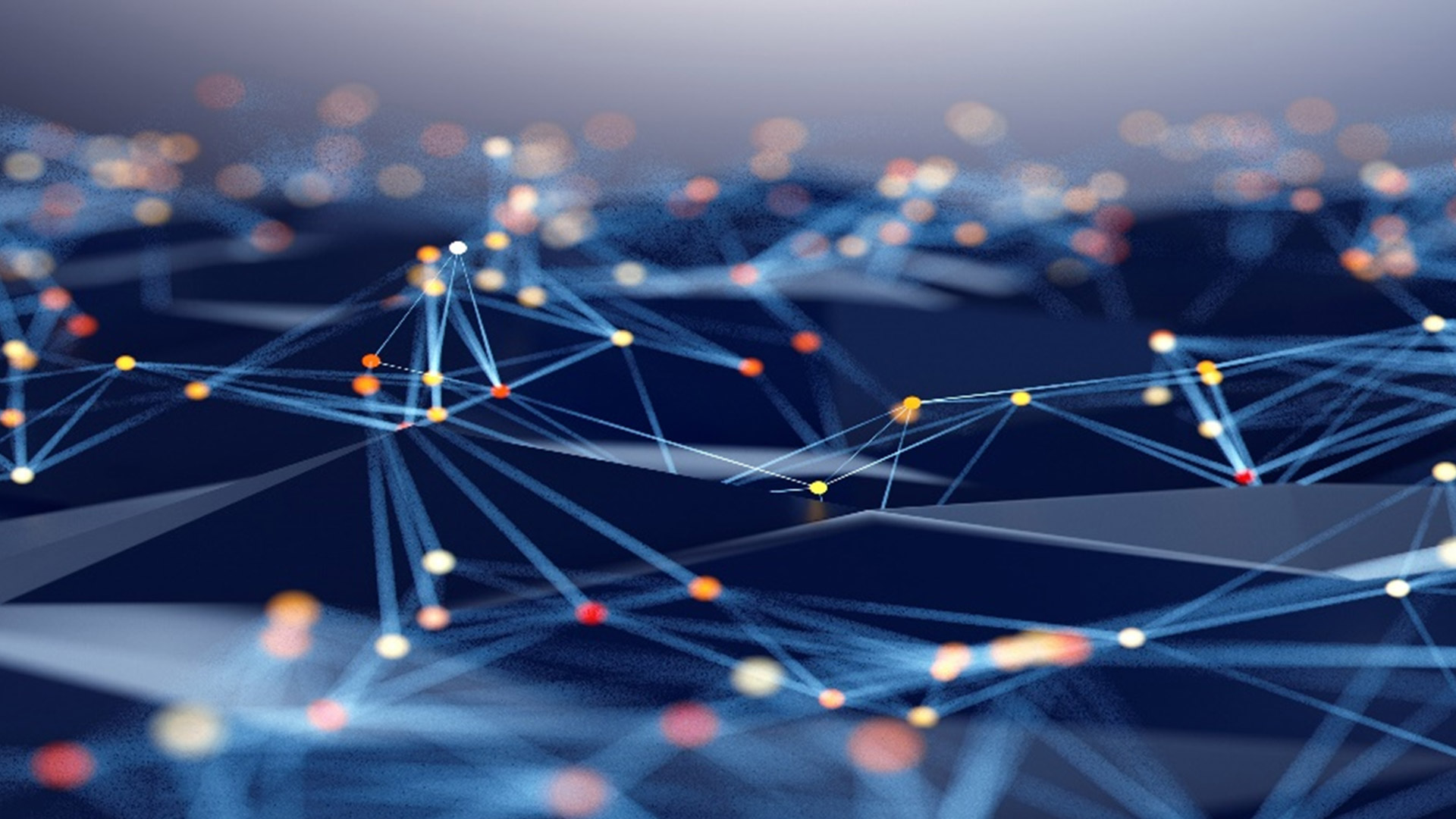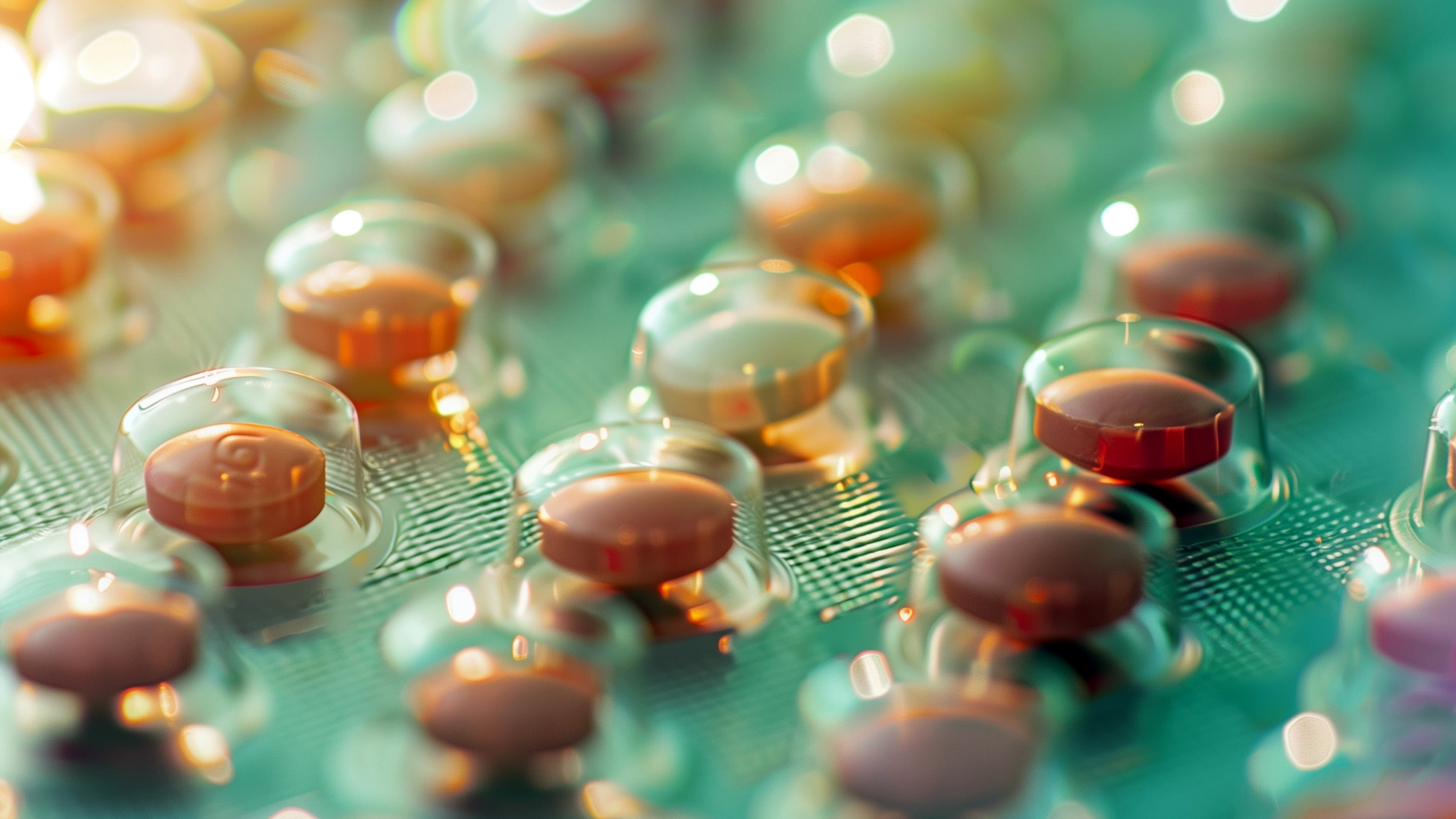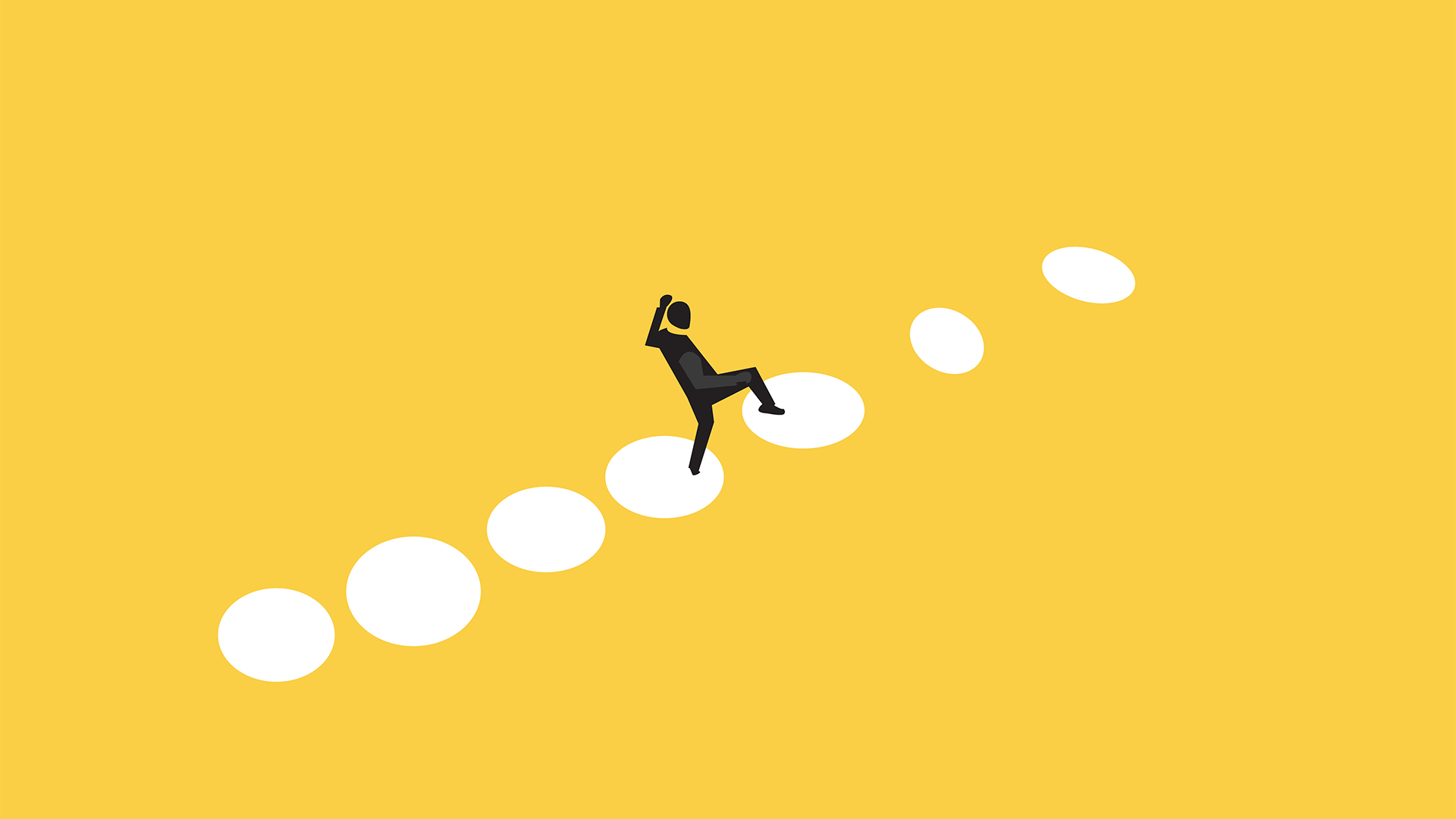ANA Innovation Award 2019 Team Winner: Paul Coyne and Michael Wang
“We want to inspire other nurses, we want them to know that if you’re willing to sacrifice, that it’s possible for them to do as well” Coyne said. “No one is speaking that way to nurses. No one is speaking that way to clinical individuals, so all the innovation that is happening is not happening with the people who know the work best.”
A week before starting his career as a derivatives trader at Goldman Sachs, Paul Coyne, DNP, MBA, MS, APRN, AGPCNP-BC, suffered a stroke. During his three-year recovery, he had to relearn how to walk and talk while regaining all his memories. As he was getting better, his stroke manifested in a new way, and he was placed on disability.
“After striving to get better, it still felt like it wasn’t enough,” Coyne recalled. “I wanted to give purpose to what I went through, I wanted to help others not feel that way.”
Driven by a call to help others, Coyne, a New Jersey State Nurses Association member, returned to school. He became a nurse practitioner, then earned five degrees in 3.5 years, including a doctorate at Columbia University. During his time at Columbia Nursing School’s accelerator program, he met Michael Wang, who would become his greatest mentor, friend, and business partner.
“His belief that I could be more really helped me become all that I am now, in much large part because of the innovation we created together,” Coyne said.
Michael Wang, MBA, MSN, RN, spent seven years in the US Army. After participating in the War in Afghanistan, he came home and chose nursing and health care as his civilian path of service. After meeting Coyne and beginning to practice at the bedside, Wang began to get very frustrated with the preventable adverse events he was seeing. He found a clear need at the bedside in terms of patient safety, clinical efficiency, and data-driven decision-making process.
“It didn’t come down to the unit or resources, it came down to a simple fact: we struggled to keep our patients safe when we were not with them,” Wang said. “With the lack of awareness and insight into patient safety, we were helpless to prevent falls and adverse events from happening.”
Wang shared his concerns with Coyne, who at the time was heading data analytics at NewYork Presbyterian Hospital. Coyne validated his concern from the data side, identifying a void in patient safety data visualization and quantification. When Wang was on a two-week leave from nursing due to a leg injury, he asked Coyne to meet him at a Starbucks to hear an idea for a product.
“He told me he wanted to put one device on a wall that would do all of these things,” Coyne recalled. “He was drawing it on a napkin, and I said, we don’t know how to make this. He replied: ‘well, we’re going to.’ From then on, we figured out together how to make it.”
The pair’s vision for the product never changed, and the result was AUGi (Augmented Intelligence), a health care operational intelligence platform. The singular, wall-mounted device drastically impacts patient or resident safety as well as operational efficiency and labor. The device employs advanced hybrid sensing technology to collect physical and digital data, alerting staff of real-time safety risks while streamlining caregiver workflow, keeping staff focused on what matters most.
Coyne and Wang didn’t stop at just custom creating the hardware for AUGi, but also leveraged their bedside expertise to tailor the software to perfectly suit the needs of the end user. AUGi earned Coyne and Wang an ANA Innovation Team award in 2019 and is now a dominant force in the senior living market and the number one health care AI monitoring platform.
“The original vision, which hasn’t changed, was to use advanced sensors and computer vision – and that was our very first pitch in the living room of a prospective investor,” Wang said. “After we left the meeting, everyone thought I was out my mind because the slides had computer vision, and stick figures of people showing we’re going to use skeletal geometry to measure body movement, natural body recognition, object detection. That was all before this AI craze. Today, that’s exactly what we’re doing.”
The outcomes of employing the technology have been eye-opening. AUGi has yielded a 50 percent decrease in falls, 45 percent increase in safety protocol compliance and $3 million in facility savings according to the most recent available data.
Since winning the ANA Innovation Team Award, Wang and Coyne have advanced from the first generation of their technology to the third. Wang describes the current iteration of the hardware as a true hybrid sensing platform that fuses data from imaging, millimeter wave radar, bluetooth low energy, motion, sound and lighting all together. They are the first company to advance their technology this far, earning their firm a leading position in the resident monitoring and safety products in the senior living market. They have also quadrupled their commercial sales volume in the last few months.
“As we’ve evolved the technology and been able to do more sophisticated things, AUGi’s become more of a 360-degree view of staff and patient monitoring,” Coyne said. “Hardware, software and analytics have all progressed since winning the award in 2019.”
The award funding, a $50,000 grant, allowed Coyne and Wang to improve their device through accelerated research development. The Inspiren team piloted the device at NewYork Presbyterian in Queens, and the funding helped facilitate that pilot as well as studies in peer-reviewed journals on falls and other safety metrics. The award also opened doors for the pair.
“ANA saying that we were the inaugural team award winners, giving us that prestigious honor, really catapulted the awareness of the device in the industry,” Coyne said.
AUGi has achieved considerable commercial success, received funding from Tier-1 institutional investors, and the technology has advanced considerably. But the work has brought challenges as well.
“Navigating the sales cycle of the hospital market was very, very difficult,” Wang reflected. “Figuring out the innovation process for hospitals – how they look at innovation and deal with innovation – was also really difficult.”
Wang and Coyne credit creativity for their pivot from the hospital market to senior living, which was a better product market fit and offered faster sales cycles. They also faced the challenges of any startup: fundraising, sales, and the Pandemic. While they’ve faced difficulties, they’ve been please to find the many doors that were opened to them due to their innovation.
“After winning the award, we were immediately contacted by nurse leaders in the space that we really looked up to,” Coyne said. “We were asked to write a book, The Nurse’s Guide to Innovtion, and co-authored it with very prominent individuals in the space.”
The team has also been asked to speak nationally and were influential as inaugural fellows of SONSIEL, the Society of Nurse Innovators, Entrepreneurs, and Leaders, a nonprofit dedicated to nurse innovation. They both leveraged their platform to tell their story and give nurses inspiration.
“We want to inspire other nurses, we want them to know that if you’re willing to sacrifice, that it’s possible for them to do as well” Coyne said. “No one is speaking that way to nurses. No one is speaking that way to clinical individuals, so all the innovation that is happening is not happening with the people who know the work best.”
Having a product that’s being validated not only by community partners, but also by researchers, clinicians, and patient’s family members is also point of pride.
“Not only is AUGi leading the industry, but it’s saving lives everyday and preventing unnecessary suffering for the most vulnerable populations,” Wang said. “Whether in memory care, dementia – these are populations that never had insight into their safety before.”
For nurse innovators just beginning their journey, Wang and Coyne recommend a candid look at what it takes to succeed.
“On the surface, everyone talks about it, but true innovation takes an immense amount of pain and effort,” Wang said. “Before diving in, really think it through and understand – because what people say they want may not be the same as what they really want, so the product fit must be very, very compelling.
Coyne and Wang’s friendship and mutual support are key to their success. They see each other’s potential as limitless.
“When I was struggling to finish my doctorate, Mike said to me, ‘you’ve gotta finish because you’re a doctorate kind of guy,’” Coyne said. “Someone who believes that you’re great when you can’t see it yourself is the definition of friendship.”










